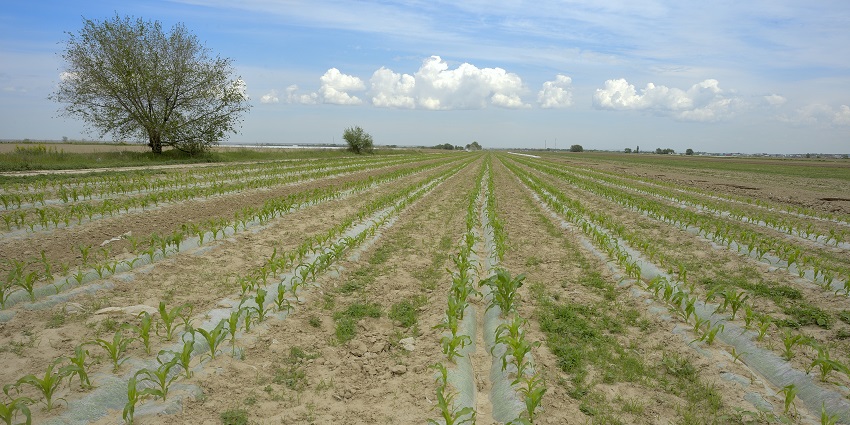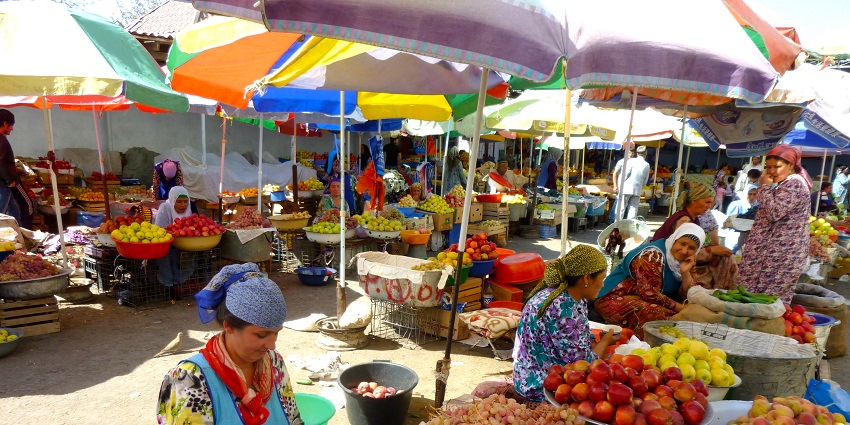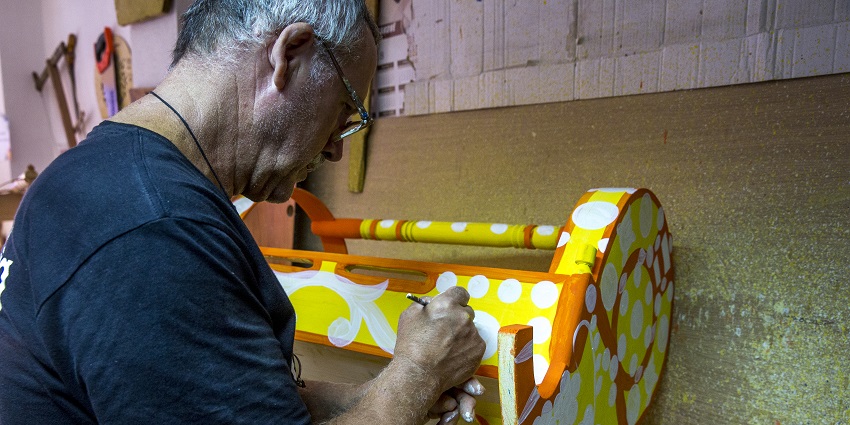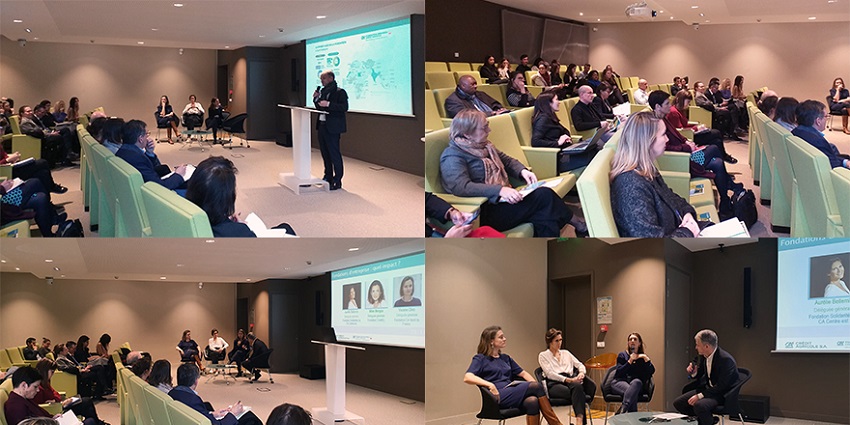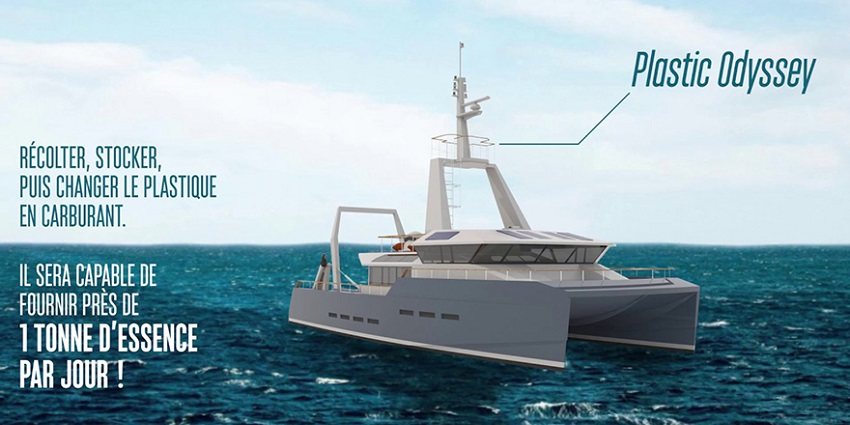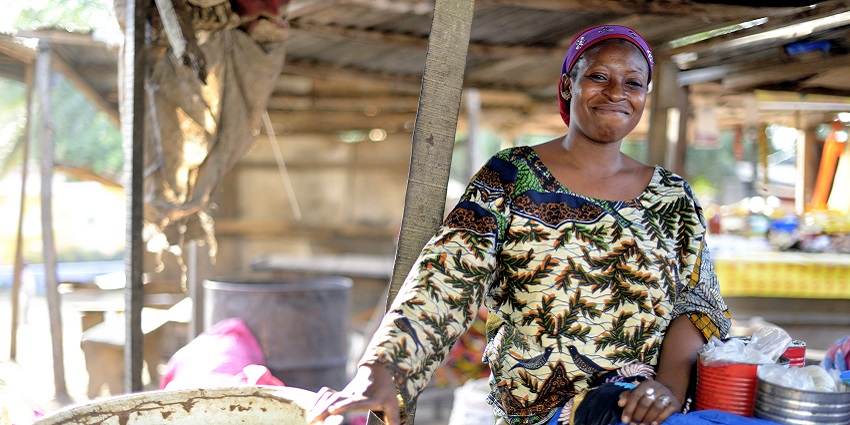The Grameen Crédit Agricole Foundation invests in Palestine
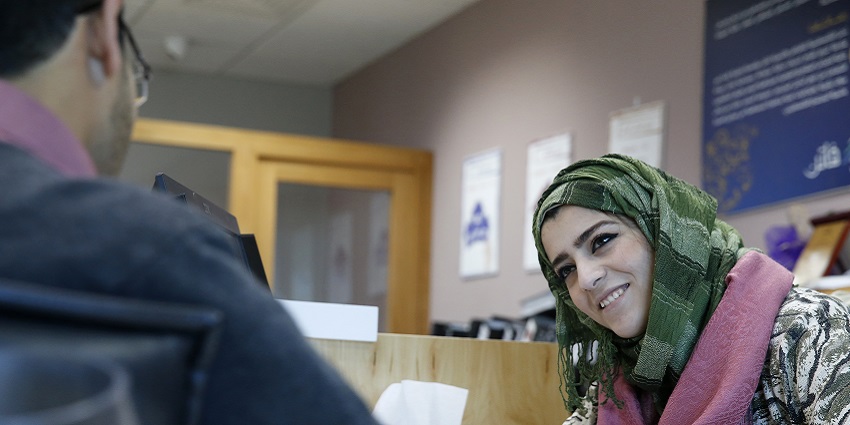
© Philippe Lissac
In November, the Grameen Crédit Agricole Foundation signed a new partnership in Palestine with the microfinance institution FATEN, for a loan equivalent to one million euros in local currency. The Foundation now has two partners in Palestine, where it has been present since 2012.
FATEN, an NGO that provides financial products and services to the country's small entrepreneurs, as well as farmers who own isolated land near Israel's separation wall. Its product offerings include group loans, individual loans, Islamic loans, and housing and startup loans.
FATEN is the largest microfinance institution in the region and operates in remote areas. The current stability has allowed the institution to expand while continuing to serve a majority of women, with a strong presence in rural areas and refugee camps.
___________________________________________________________
Created in 2008, under the joint leadership of Crédit Agricole SA's management and Professor Yunus, 2006 Nobel Peace Prize winner and founder of Grameen Bank, the Grameen Crédit Agricole Foundation is a multi-sector operator that contributes to the fight against poverty through financial inclusion and social impact entrepreneurship. As an investor, lender, technical assistance coordinator, and fund advisor, the Foundation supports microfinance institutions and social enterprises in nearly 40 countries.
More information about the Foundation's partners here.


